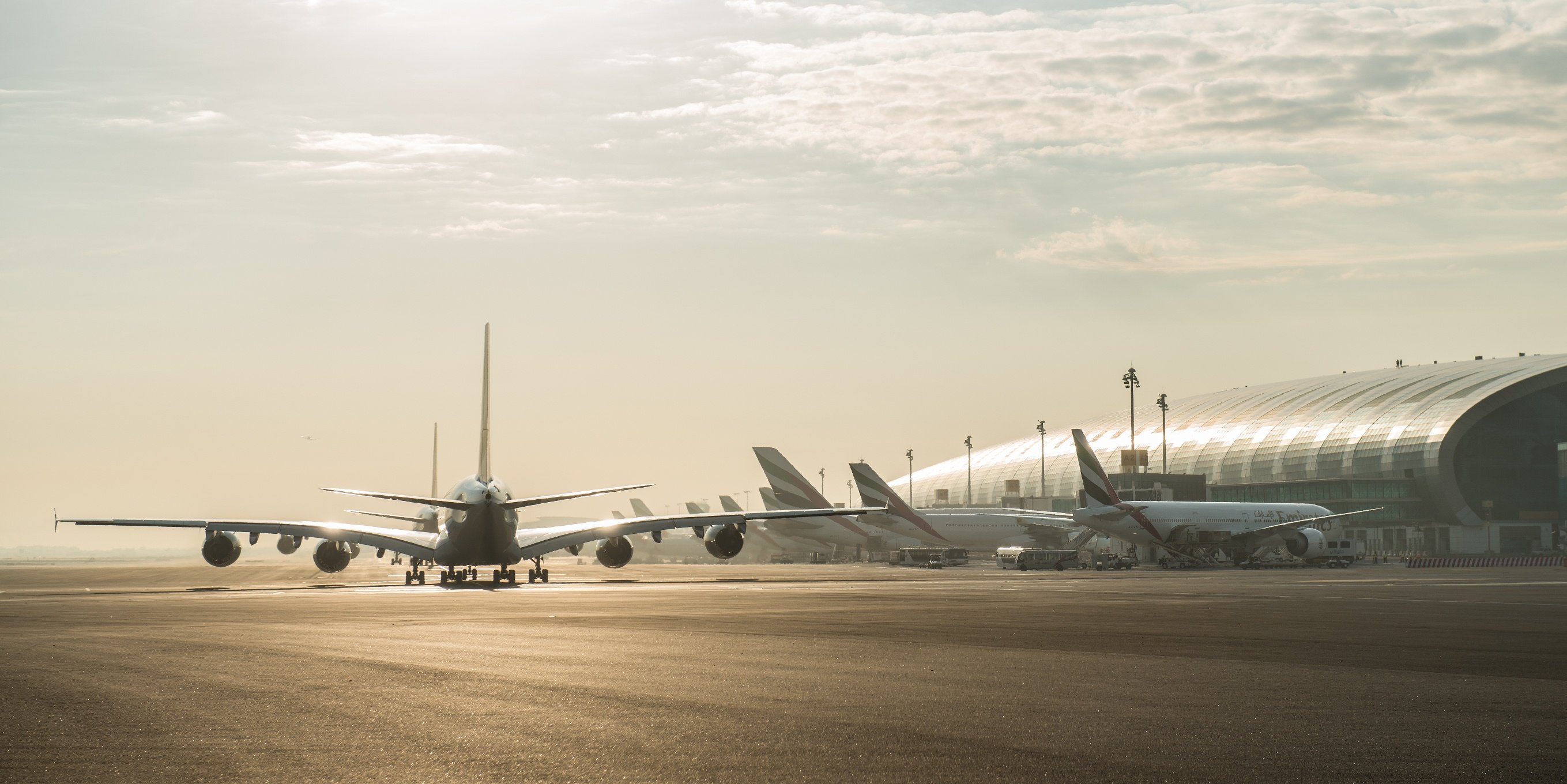Administrations are being urged to lay out plans for a successful operational restart, looking into methods to restore passenger confidence
The International Air Transport Association (IATA) is calling upon governments in the Middle East to create re-start plans so that the connection between businesses, economies and citizens can be restored post-COVID-19.
The association has also called for plans to be efficiently implemented and urged governments to be alert about the sector’s financial position.

“Restarting safely after a year or more in lockdown will need careful preparations,” said Kamil Al Awadhi, IATA regional vice president for Africa and the Middle East. “At the national level it is important that governments work with industry, so everyone understands the benchmarks that need to be achieved to facilitate the lifting of travel restrictions. And at the regional level, where traffic is expected to ramp-up first, it is critical that governments are talking to each other so that all parties are aligned and ready for a restart.”
Data collated by IATA from January shows that air passenger traffic was down 82.3% compared with January 2019. Due to the ongoing crisis, more than 1.7 million jobs in the Middle East and $105bn (£76bn) in GDP is at risk.
According to IATA, there are two focus areas that governments need to seriously address.
The first is the initiation of a successful operational restart, which will include bringing aircraft and terminals back into service. Airlines should be required to ready their crew, technical personnel and aircraft. IATA also stressed that training must be renewed to ensure qualifications are accepted by regional partners.
Testing and vaccinations is another factor that governments need to be addressing. The association believe travel credentials, that highlight certain health information, should be a universal standard practice to restore passenger confidence.
Currently, IATA is testing its travel pass which they hope will conveniently manage the health credentials of customers.
Financially, COVID-19 is still placing a massive strain on the aviation industry. In 2020, Middle Eastern airlines reported losses of $7.1 billion (£5bn), which equates to a $68.5 (£50) loss for every passenger flown.
Airlines within the region received $4.8bn (£3.5bn) is government aid last year. Despite monetary support, there are still airlines that are currently at risk of bankruptcy or business administration.

